Playing with the World: The Integration of Aesthetics into Everyday Life by Ian Carr
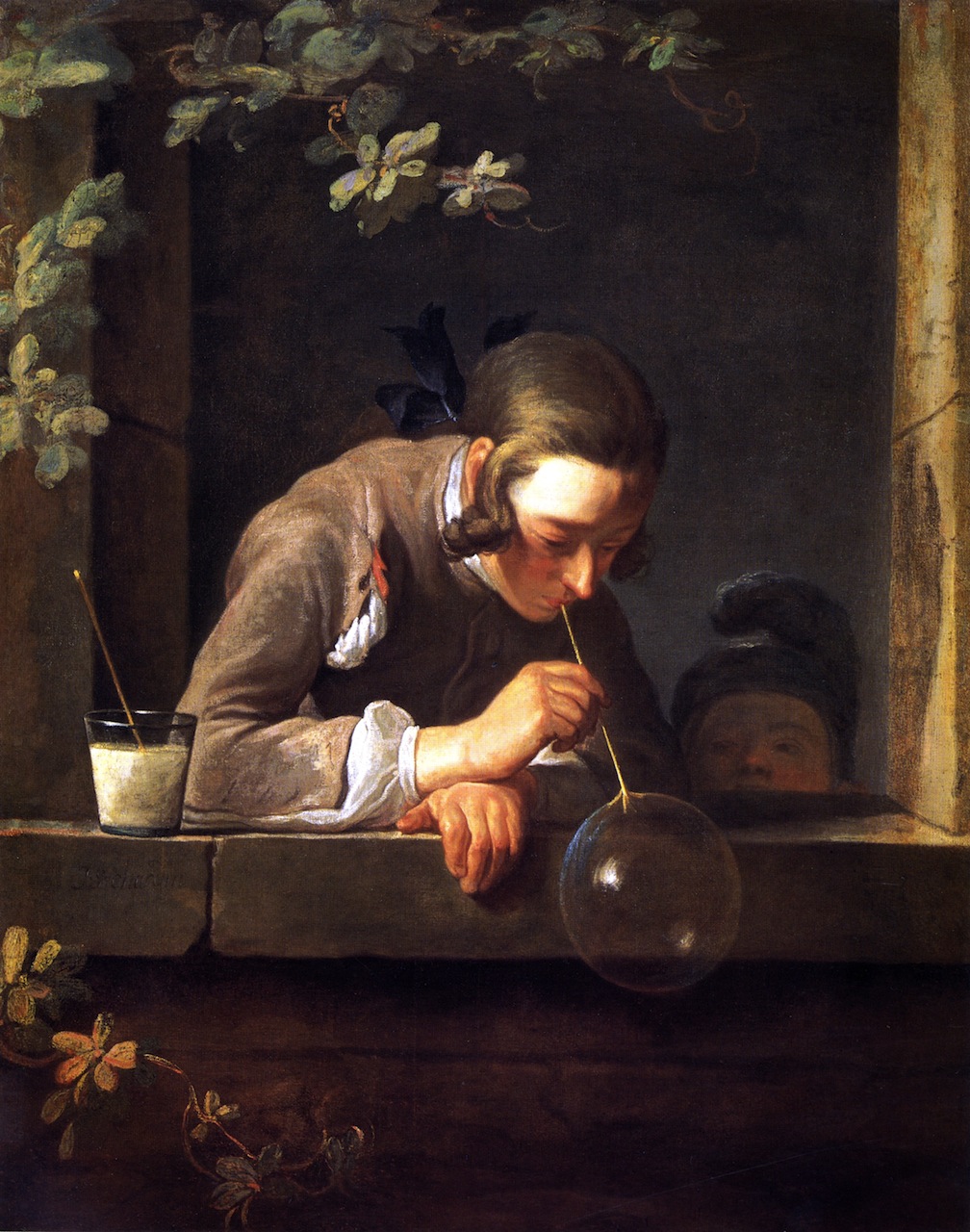 This paper examines the possibility of applying the principles of aesthetic experience beyond the realm of art. I argue that such an application is only possible by forgoing analyses of aesthetic experience that are solely focused on sensations. Drawing on Hans-Georg Gadamer’s notion of Play, I develop an alternative model for understanding the experience of art. This model, which I term the Game Thesis, is based on a holistic analysis of the art-experience. After examining some of the relevant implications of this model in regard to art-object analysis, I then apply it to experiences outside the confines of the art tradition. Finally, I suggest that non-art aesthetic experience is deeply linked to the artist-experience and can provide rich mode of engagement with everyday life.
This paper examines the possibility of applying the principles of aesthetic experience beyond the realm of art. I argue that such an application is only possible by forgoing analyses of aesthetic experience that are solely focused on sensations. Drawing on Hans-Georg Gadamer’s notion of Play, I develop an alternative model for understanding the experience of art. This model, which I term the Game Thesis, is based on a holistic analysis of the art-experience. After examining some of the relevant implications of this model in regard to art-object analysis, I then apply it to experiences outside the confines of the art tradition. Finally, I suggest that non-art aesthetic experience is deeply linked to the artist-experience and can provide rich mode of engagement with everyday life.
Transcendental Consumption: Developing a Creative Alternative to Traditional Consumption Practices by David Casciola
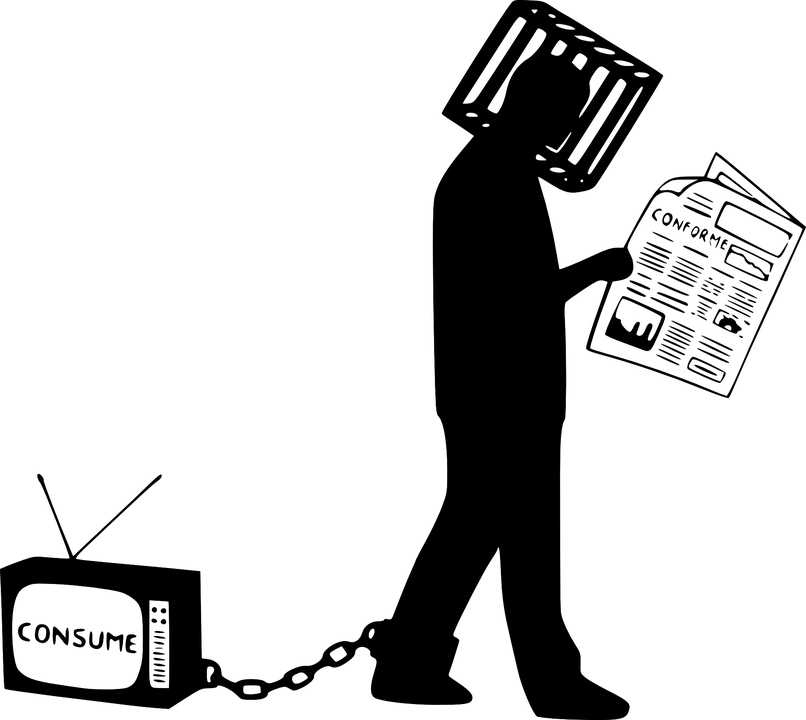 There is often the unreflective tendency in western political and economic discourse to define ‘freedom’ in terms of the freedom to consume according to our desires. Yet such ‘freedoms’ often rely upon the exploitative labors of others, or may seduce us into a dependency upon the constant satisfactions of impulses. These ‘freedoms’ thus bear great potential for other forms of servitude. This thesis aims to disrupt this understanding of freedom and propose an alternative notion of consumption. Critiquing the society of ‘base consumption’, as defended in Gary Cross’s An All-Consuming Century, along with the society of ‘immediate gratification’, as abstracted from Herbert Marcuse’s Eros and Civilization, I argue for a society organized around ‘transcendental consumption.’ This model of consumption is predicated upon two necessary and sufficient conditions: (1) it takes into consideration the moral implications of the production and distribution processes that make possible our consumption acts, requiring that those processes in no way rely upon the exploitation of human beings; (2) it conditions and engenders meaningful human experiences and interactions. Transcendental consumption is thus the mode of consumption that best conduces to the greatest overall degree of human freedom and flourishing.
There is often the unreflective tendency in western political and economic discourse to define ‘freedom’ in terms of the freedom to consume according to our desires. Yet such ‘freedoms’ often rely upon the exploitative labors of others, or may seduce us into a dependency upon the constant satisfactions of impulses. These ‘freedoms’ thus bear great potential for other forms of servitude. This thesis aims to disrupt this understanding of freedom and propose an alternative notion of consumption. Critiquing the society of ‘base consumption’, as defended in Gary Cross’s An All-Consuming Century, along with the society of ‘immediate gratification’, as abstracted from Herbert Marcuse’s Eros and Civilization, I argue for a society organized around ‘transcendental consumption.’ This model of consumption is predicated upon two necessary and sufficient conditions: (1) it takes into consideration the moral implications of the production and distribution processes that make possible our consumption acts, requiring that those processes in no way rely upon the exploitation of human beings; (2) it conditions and engenders meaningful human experiences and interactions. Transcendental consumption is thus the mode of consumption that best conduces to the greatest overall degree of human freedom and flourishing.
Conceptualizing Trauma by Audra DeBoy
 Ruth Leys, author of Trauma: A Genealogy, argues that no resolution to the debate over the conceptualization of trauma is likely since theorists inevitably oscillate between psychological and neurobiological theories. This ambivalence, she claims, indicates that therapeutic practice should not follow theory. Chris Brewin and Matthew Friedman, two current experts involved in the development of Posttraumatic Stress Disorder in the DSM-5, each contribute to the theoretical disagreement about PTSD with two distinctive approaches. I argue that debate surrounding trauma is part of the productive process in the creation of one of its many different conceptualizations mediated by socio-cultural, historical, and scientific contexts. Such theoretical diversity will influence treatment methods that are functionally useful for alleviating debilitating symptoms in suffering individuals.
Ruth Leys, author of Trauma: A Genealogy, argues that no resolution to the debate over the conceptualization of trauma is likely since theorists inevitably oscillate between psychological and neurobiological theories. This ambivalence, she claims, indicates that therapeutic practice should not follow theory. Chris Brewin and Matthew Friedman, two current experts involved in the development of Posttraumatic Stress Disorder in the DSM-5, each contribute to the theoretical disagreement about PTSD with two distinctive approaches. I argue that debate surrounding trauma is part of the productive process in the creation of one of its many different conceptualizations mediated by socio-cultural, historical, and scientific contexts. Such theoretical diversity will influence treatment methods that are functionally useful for alleviating debilitating symptoms in suffering individuals.
Machine Intelligence, Starting the Conversation by Taylor Holloran
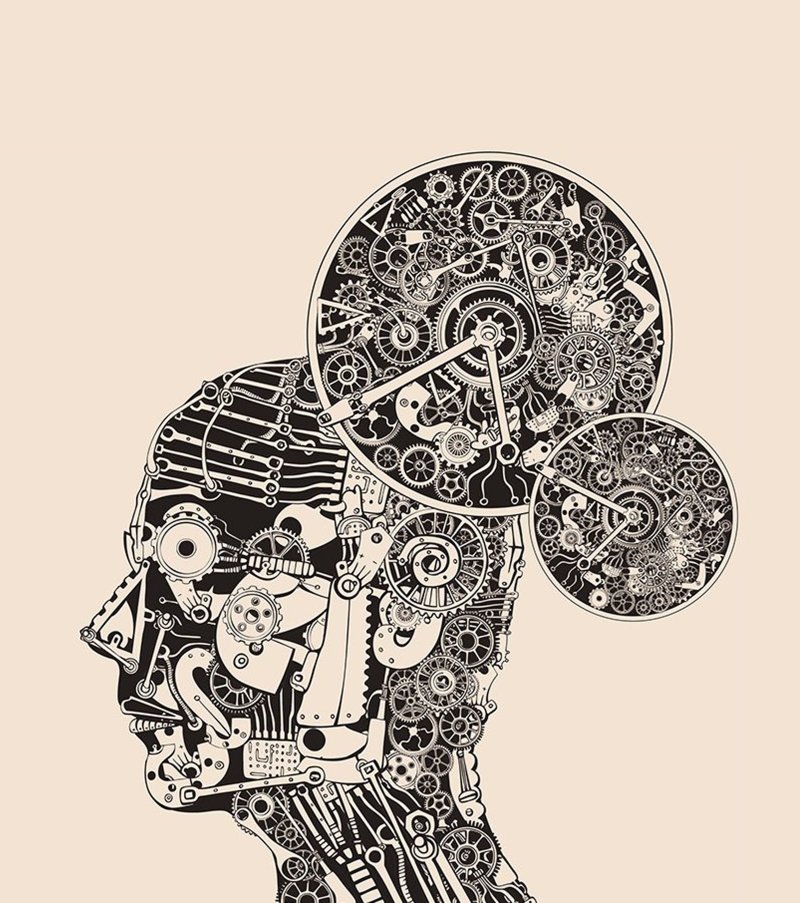 In this paper I argue that the emergence of truly intelligent machines merits a significantly more serious conversation than any other previous technological advancement. Initially, this paper examines forms of intelligence distinct from consciousness and argues that the sophisticated behavior plants exhibit isintelligence. This exercise is intended to show how non-conscious intelligence can be manifested in different forms that reflect the capacity for learning and autonomous decision-making. I then analyze the definition of machine intelligence presented by Shane Legg and Marcus Hutter and examine objections to machine intelligence by John Searle and Christopher Evans. I argue for what exactly an entity must be capable of to be considered intelligent and examine ways in which machines exhibit these complex and sophisticated behaviors. In light of work done by William Lycan and Herbert Marcuse, I consider what kinds of conversations are important to have before and after we incorporate such machines into our lives and how such intelligence will dramatically change the human experience.
In this paper I argue that the emergence of truly intelligent machines merits a significantly more serious conversation than any other previous technological advancement. Initially, this paper examines forms of intelligence distinct from consciousness and argues that the sophisticated behavior plants exhibit isintelligence. This exercise is intended to show how non-conscious intelligence can be manifested in different forms that reflect the capacity for learning and autonomous decision-making. I then analyze the definition of machine intelligence presented by Shane Legg and Marcus Hutter and examine objections to machine intelligence by John Searle and Christopher Evans. I argue for what exactly an entity must be capable of to be considered intelligent and examine ways in which machines exhibit these complex and sophisticated behaviors. In light of work done by William Lycan and Herbert Marcuse, I consider what kinds of conversations are important to have before and after we incorporate such machines into our lives and how such intelligence will dramatically change the human experience.
The Beginning of Philosophy: A Word On Wonder by Matthew Bajkowski
 "For this feeling of wonder shows that you are a philosopher, since wonder is the only beginning of philosophy.” Philosophy has a long-standing relationship with the emotional experience of wonder, as displayed by the Socratic quote given above. But what is wonder? What has its relationship with philosophy been like throughout the centuries? How do we still have wonder today? Is wonder always a good thing? And is it necessary for a person to have a sense of wonder? I will aim to answer these questions and more, using works by Dennis Quinn, Mary-Jane Rubenstein, and Cornelis Verhoeven, all of whom write on the emotional experience of wonder and how it relates to the individual. The underlying point to this work is this: Wonder is necessary for the individual person and she needs grounding for the fullness of the emotion in her life. May you enjoy this Wonderful work.
"For this feeling of wonder shows that you are a philosopher, since wonder is the only beginning of philosophy.” Philosophy has a long-standing relationship with the emotional experience of wonder, as displayed by the Socratic quote given above. But what is wonder? What has its relationship with philosophy been like throughout the centuries? How do we still have wonder today? Is wonder always a good thing? And is it necessary for a person to have a sense of wonder? I will aim to answer these questions and more, using works by Dennis Quinn, Mary-Jane Rubenstein, and Cornelis Verhoeven, all of whom write on the emotional experience of wonder and how it relates to the individual. The underlying point to this work is this: Wonder is necessary for the individual person and she needs grounding for the fullness of the emotion in her life. May you enjoy this Wonderful work.
“The Only Thing You Have To Lose Is Your Sanity”: A Political Irrationality Towards Emancipation by Spencer Bradley
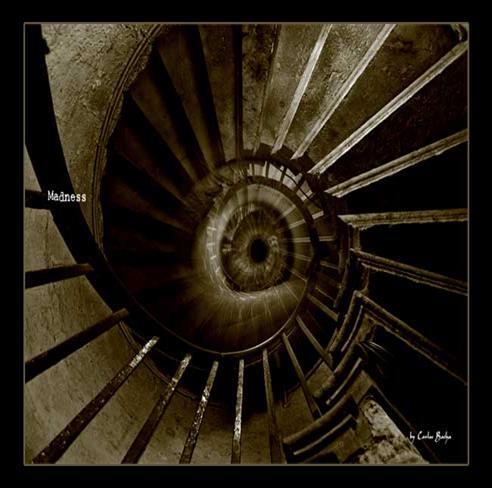 Rationality has long been considered the cornerstone of political philosophy and societal organization. From the monarchies of antiquity, to the modern liberal state, and even to various theories of communism, rationality seems inextricably woven into the state apparatus. In this thesis, I challenge this assumption, offering instead an understanding of the state as fundamentally “mad” in a way that is regimenting, schizophrenic, and self-destructive. This madness often proliferates to disrupt, harm, categorize, and then ‘cure’ those who live beyond societal norms. In place of the societal ‘madness’ of reason, I trace a path through literature, film, philosophy, and political history, illuminating the power structures that govern society and offering an alternative form of madness – a political irrationality – as a means of resisting these power structures on the way towards emancipation.
Rationality has long been considered the cornerstone of political philosophy and societal organization. From the monarchies of antiquity, to the modern liberal state, and even to various theories of communism, rationality seems inextricably woven into the state apparatus. In this thesis, I challenge this assumption, offering instead an understanding of the state as fundamentally “mad” in a way that is regimenting, schizophrenic, and self-destructive. This madness often proliferates to disrupt, harm, categorize, and then ‘cure’ those who live beyond societal norms. In place of the societal ‘madness’ of reason, I trace a path through literature, film, philosophy, and political history, illuminating the power structures that govern society and offering an alternative form of madness – a political irrationality – as a means of resisting these power structures on the way towards emancipation.
Relational Restoration: From Dehumanization to Rehumanization by Anna Malone
 As human beings, we are all vulnerable to the devastating rupture of our human identity known as dehumanization. The many accounts of systemic injustices – from Holocaust memoirs to descriptions of mass incarceration – tell of this experience and reveal that there are three key aspects of the human identity: relationality, a sense of agency, and a sense of meaning. Because dehumanization involves a loss of these three qualities, the primary mechanism for rehumanization (a restoration of one’s human identity) must include entering into relationship with a victim of dehumanization. Many Christian philosophers discuss their relationship with God as one that rehumanizes them; as such, they offer insight into what rehumanization entails. Using the Christian doctrine of the Incarnation as an archetype of rehumanizing relationship, I discuss the potential costs and benefits of engaging in rehumanizing relationships with others.
As human beings, we are all vulnerable to the devastating rupture of our human identity known as dehumanization. The many accounts of systemic injustices – from Holocaust memoirs to descriptions of mass incarceration – tell of this experience and reveal that there are three key aspects of the human identity: relationality, a sense of agency, and a sense of meaning. Because dehumanization involves a loss of these three qualities, the primary mechanism for rehumanization (a restoration of one’s human identity) must include entering into relationship with a victim of dehumanization. Many Christian philosophers discuss their relationship with God as one that rehumanizes them; as such, they offer insight into what rehumanization entails. Using the Christian doctrine of the Incarnation as an archetype of rehumanizing relationship, I discuss the potential costs and benefits of engaging in rehumanizing relationships with others.
Stigmatized Words: A Defense of Political Correctness by Peter Rosenberger
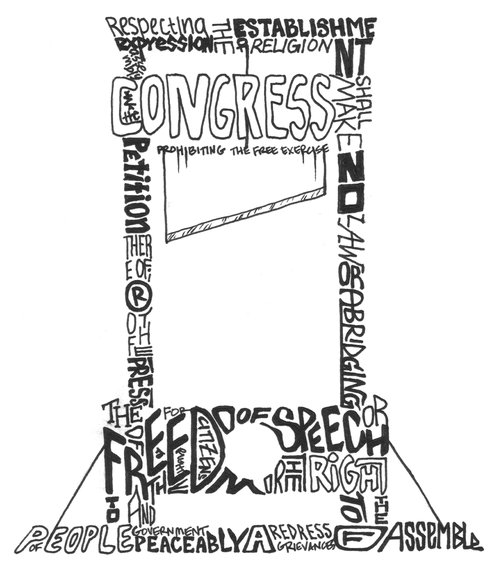 The debate over political correctness and the repression of speech has experienced a resurgence in the 2016 election season. “Political correctness is killing people,” Senator Ted Cruz remarked in December 2015. This thesis explores the liberal justification for the repressing politically incorrect speech and challenges the association of expressive freedom with truth, a position linked to John Stuart Mill’s philosophy of liberty and George Orwell’s denunciation of political speech. Reflecting contemporary postmodern views on language and liberation, I ultimately defend political correctness as a way to reflect social stigmatization, render stigmatized words more visible, and enhance linguistic agency.
The debate over political correctness and the repression of speech has experienced a resurgence in the 2016 election season. “Political correctness is killing people,” Senator Ted Cruz remarked in December 2015. This thesis explores the liberal justification for the repressing politically incorrect speech and challenges the association of expressive freedom with truth, a position linked to John Stuart Mill’s philosophy of liberty and George Orwell’s denunciation of political speech. Reflecting contemporary postmodern views on language and liberation, I ultimately defend political correctness as a way to reflect social stigmatization, render stigmatized words more visible, and enhance linguistic agency.